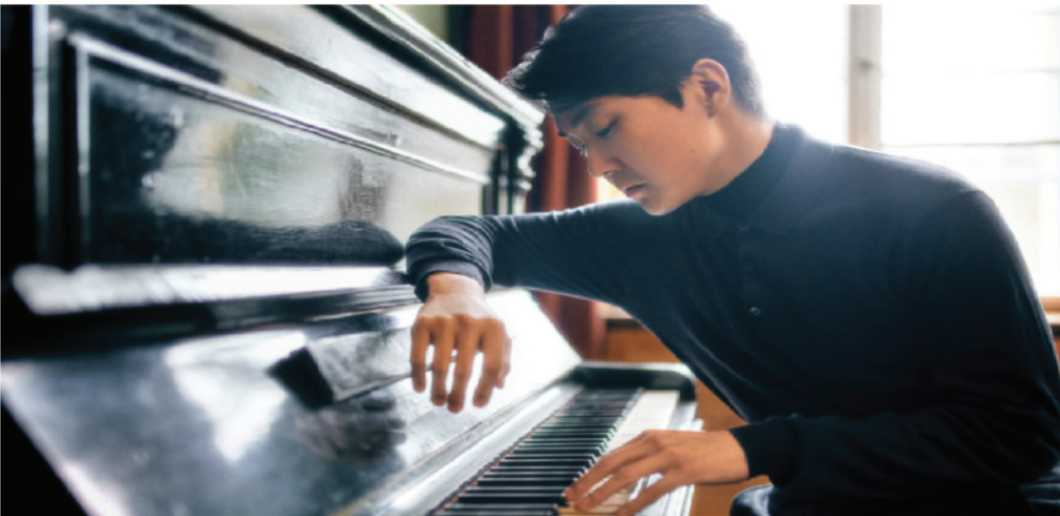Does Playing Music Make You a Better Student?
I started playing the piano when I was five or six years old. When I was younger, the effects of music werenít that obvious to me. Now, as a ninth-grader, I can say that playing the piano and listening to music has improved my academic performance greatly, as it has strengthened my mental endurance, work ethic, and time management skills.
Playing any instrument requires deep concentration and hours of work on technical refinement and emotional expression. This same concentration I feel when playing the piano translates to a higher level of focus in my academic classes and a better work ethic overall. Playing the piano has also improved my time management skills, since I often have to toggle between practicing, schoolwork, and other activities.
But perhaps the biggest benefit of playing the piano is that it’s fun. For me, playing the piano relieves pressure and lets me temporarily forget my anxieties about schoolwork. After piano practice, I feel very calm and perform better on my homework because I'm not as weighed down by stress.
Although I have my own experiences, I was curious about how playing an instrument or listening to music has affected other Riverdale students’ academic performances. I decided to ask this question to some ninth-graders whom I knew were passionate about music.
Ninth-grade pianists Eliana Shaham, Victoria Shen, and Ansh More, as well as singers Alexsys Soriano and Asha Roy, all agreed that music has benefited their academic performances.
“Music, in a sense, is my escape from reality, and it gives me a break from all of life’s stresses. Once I have relaxed with music, I am much more prepared, and my brain focuses more, [which] subsequently helps me academically,” Shaham noted.
Roy also mentioned how music “provided an escape” for her and is the “perfect way to decompress.” In particular, she noted how “songwriting and writing music has been critical to [her] logical processes in essay writing.” More added that “music also complements academics we are learning. For example, music history is closely tied with literature, and it is interesting to examine history from this different lens. Also, learning about music and sound relates to and complements learning science.” He and Soriano agreed that music helps them drown out other distracting noises and keeps them calm.
However, Shen and Roy felt the opposite and found that listening to music while studying was distracting. Indeed, several of these students recognized that playing music has its drawbacks. Shaham explained that playing the piano limited the time she could spend on schoolwork because it was hard to “determine whether to put my piano before my school work, or vice versa.”
Shen agreed, saying that it was “sometimes a struggle to finish both my homework as well as practice my instrument a sufficient amount of time.”
Conducting these interviews was an eye-opening experience for me. I could relate to many parts of their answers, especially with Shaham, Soriano, and Shen with how practicing an instrument daily can limit homework time. I could also relate to More and Soriano with how listening to music can improve productivity.
As a case in point, a few weeks ago, I came back home after tennis practice and was really tied up with homework. However, I decided to still practice piano instead of only focusing on getting school-related assignments done. Later that night, I ended up completing my homework, and I didn’t feel stressed at all even though I didn’t have as much time to finish the work. This is one of many instances where practicing the piano has boosted my mood and energy,

